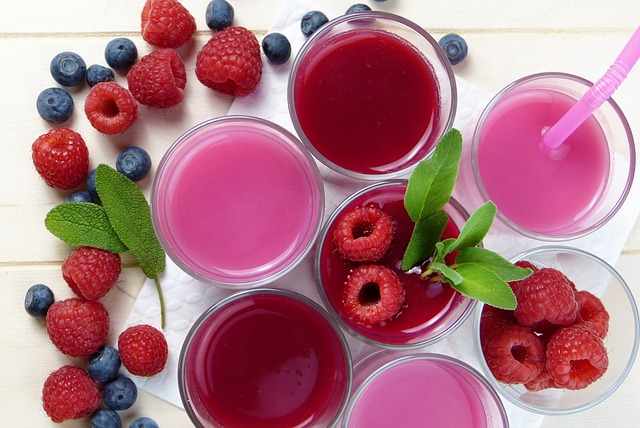Introduction:
If you’re looking to improve your gut health, probiotics are a great place to start. Probiotics are healthy bacteria that live in your gut and can help improve digestion, boost immunity, and even help with weight management. Most people know about probiotic supplements or fermented foods like yogurt and kefir, but did you know there are many other probiotic foods you may be missing out on? In this beginner’s guide, we’ll introduce you to some of the lesser-known probiotic foods that are worth incorporating into your diet.
Miso:
Miso is a traditional Japanese seasoning made from fermented soybeans. It has a salty, savory flavor and is commonly used in soups and sauces. Miso contains probiotic bacteria, particularly strains of lactobacillus and bifidobacteria, which can help improve gut health. Additionally, miso is a good source of other nutrients like protein, vitamins, and minerals.
Kimchi:
Kimchi is a Korean fermented vegetable dish that’s often made with cabbage or radish. It has a spicy, tangy flavor and is a staple in Korean cuisine. Kimchi contains a variety of probiotic bacteria, including lactobacillus, pediococcus, and leuconostoc, which can help improve gut health and boost immunity. In addition to probiotics, kimchi is also a good source of vitamins A, B, and C.
Kombucha:
Kombucha is a fermented tea that has become popular in recent years. It’s made by fermenting sweetened tea with a symbiotic culture of bacteria and yeast (SCOBY). The fermentation process creates probiotic bacteria, particularly strains of acetic acid bacteria and yeasts, which can help improve gut health. Kombucha also contains antioxidants and other beneficial compounds, making it a healthy beverage choice.
Tepache:
Tepache is a traditional Mexican fermented pineapple drink. It’s made by fermenting chopped pineapple with spices like cinnamon and cloves. The fermentation process creates probiotic bacteria, particularly strains of lactobacillus, which can help improve gut health. Additionally, tepache is a good source of vitamin C and manganese, making it a healthy alternative to sugary drinks.
Tempeh:
Tempeh is a traditional Indonesian food made from fermented soybeans. It has a nutty, savory flavor and is commonly used in vegetarian and vegan dishes. Tempeh contains probiotic bacteria, particularly strains of rhizopus and bacillus, which can help improve gut health. It’s also a good source of protein, fiber, and other nutrients.
Sauerkraut:
Sauerkraut is a traditional German dish made from fermented cabbage. It has a tangy, sour flavor and is often used as a condiment. Sauerkraut contains probiotic bacteria, particularly strains of lactobacillus and pediococcus, which can help improve gut health. Additionally, sauerkraut is a good source of vitamins C and K.
Conclusion:
Probiotics are an important part of a healthy diet, and there are many delicious probiotic foods that you may not have heard of. From miso to tempeh, there are many different types of probiotics that can help improve gut health and boost immunity. By incorporating these lesser-known probiotic foods into your diet, you can promote better digestion and overall health.







